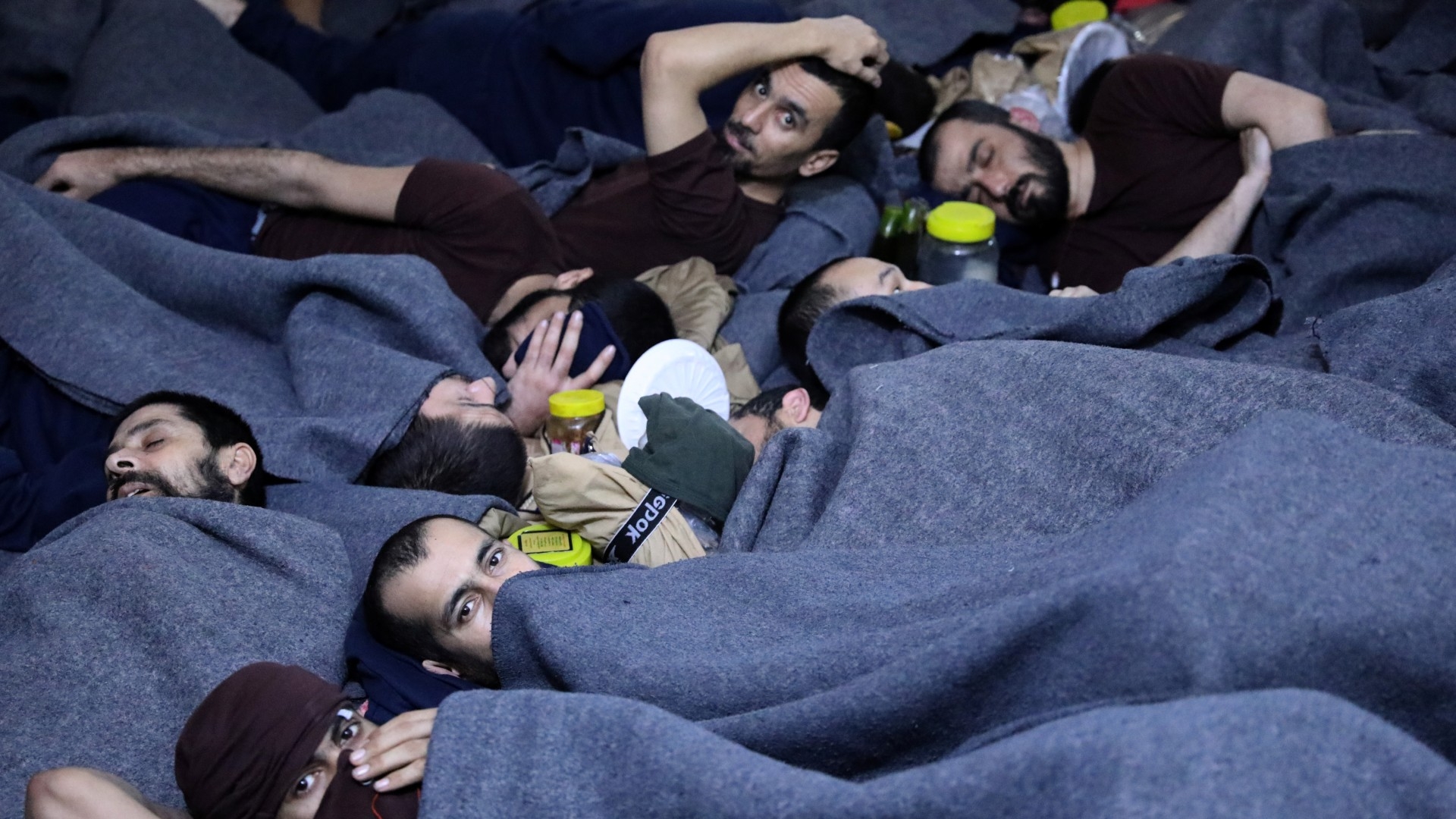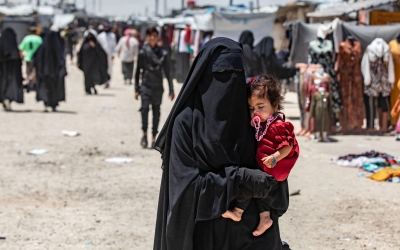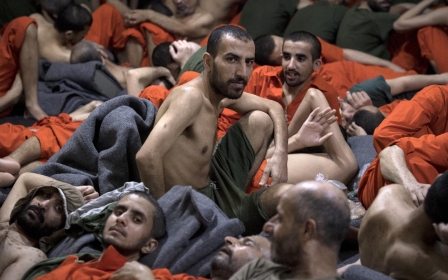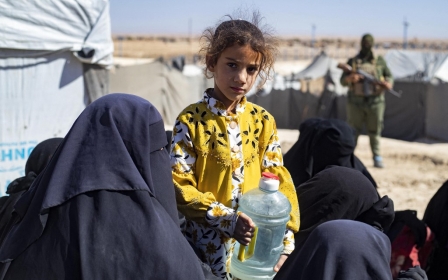Syria: Kurdish authorities release 180 Islamic State-linked prisoners in Hasakah

Kurdish-led authorities in northeastern Syria’s Hasakah province have released 180 prisoners held on terrorism charges and over links to the Islamic State (IS) group.
Last week, the Autonomous Administration of North and East Syria (AANES) issued a general amnesty for hundreds of Syrians who have been held by the US-backed Kurdish-led Syrian Democratic Forces (SDF) over their alleged role in IS.
Syrian news agency North Press reported that hundreds of people gathered in front of the al-Sinaa prison in the Ghweran district of Hasakah on Sunday, as they awaited the release of the detainees.
The SDF is holding over 10,000 IS fighters, including 2,000 foreigners whose home countries have refused to repatriate them, in around two dozen detention centres in northeast Syria.
The amnesty offered to over 1,500 prisoners, including 60 women, was a result of pressure from influential tribes and figures in the region, according to North Press.
New MEE newsletter: Jerusalem Dispatch
Sign up to get the latest insights and analysis on Israel-Palestine, alongside Turkey Unpacked and other MEE newsletters
The amnesty, however, will not include IS officials and members who fought in battles against the SDF, nor those who carried out deadly bombing attacks.
Among the prisoners slated for release are those who have incurable illnesses and are serving life sentences, in addition to detainees who are 75 years of age and above.
AANES also said it has reduced life sentences to 15 years.
In April, Amnesty International reported that hundreds of detainees have died as a consequence of torture and inhumane treatment in Kurdish-run prisons in northeast Syria for people suspected of links to IS.
Amnesty accused the AANES authorities of committing war crimes at prisons and detention facilities, where it said more than 56,000 people - the majority of them children - remain detained.
The rights organisation also said that scores and possibly hundreds of Yazidis captured and enslaved during IS militants’ genocidal campaign against the minority group in Iraq and Syria likely remained among about 14,500 women and 30,000 children being held at al-Hol and al-Roj detention camps in northeast Syria.
Most of those held in the camps were rounded up during the final battles between IS militants and the SDF near Baghouz, a town in Deir al-Zor province, in 2019, and many women were victims of trafficking and forced marriages with IS militants, it said.
Many countries have refused to repatriate their own nationals from the camps or have only repatriated small numbers of prisoners.
AANES has previously highlighted the difficult conditions it faces, including continuing conflict and a lack of resources to manage and maintain the prisons and camps.
It said members of the international community had failed to “fulfil their legal and moral obligations” by failing to repatriate their own nationals.
Middle East Eye delivers independent and unrivalled coverage and analysis of the Middle East, North Africa and beyond. To learn more about republishing this content and the associated fees, please fill out this form. More about MEE can be found here.





